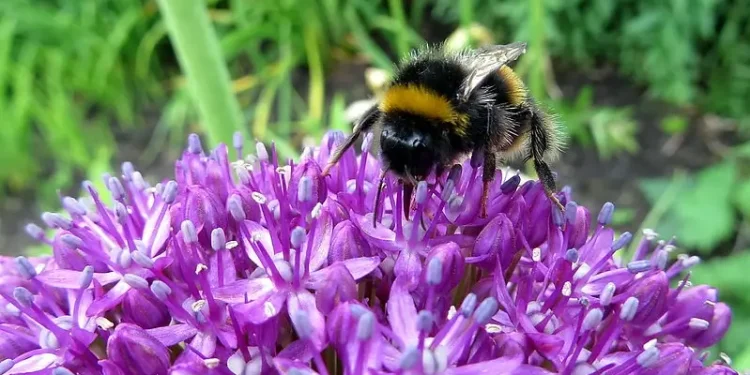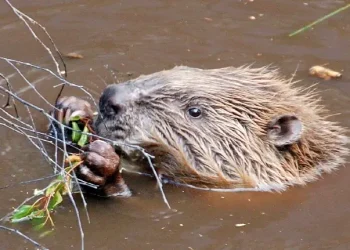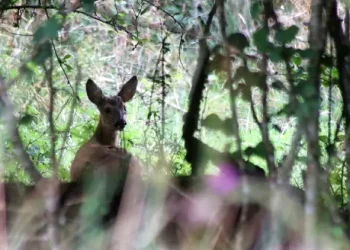The UK government has announced decisive steps to ban neonicotinoid pesticides, a critical move to safeguard pollinators like bees and butterflies. This initiative delivers on an election pledge to halt the use of harmful chemicals threatening vital species and ensures long-term agricultural sustainability.
Tackling a Toxic Threat to Pollinators
What Are Neonicotinoids?
Neonicotinoids are a class of pesticides highly toxic to pollinators, even in small quantities. While not always immediately lethal, these chemicals can impair bees’ cognitive functions, reducing their ability to forage and impacting hive productivity.
Compounding the issue, neonicotinoids persist in the soil, posing long-term environmental risks.
Why Pollinators Matter
Pollinators are essential to the UK’s agricultural economy, contributing an estimated £500 million annually to crop production. Beyond their economic value, they are critical to maintaining biodiversity and ecological balance.
The Government’s Plan
Legislative Action
To address these concerns, the government is proposing to ban three specific neonicotinoids:
- Clothianidin
- Imidacloprid
- Thiamethoxam
These bans will legally prevent their use, even under emergency authorizations that allowed limited applications in recent years.
Ministerial Commitment
Environment Minister Emma Hardy emphasized the importance of this step, stating:
“Protecting bees by stopping the use of damaging neonicotinoids is an important step in supporting the long-term health of our environment, waterways, and farming sector.”
Sustainable Agriculture: Alternatives and Support
The government has pledged to help farmers transition to sustainable practices. Key initiatives include:
- Research: Development of virus-resistant crops like sugar beet.
- Innovative Solutions: Introduction of alternative pesticide sprays.
- Funding: A £5 billion budget allocated for sustainable food production and nature recovery.
Steps Toward Environmental Recovery
This policy aligns with broader efforts under the Environmental Improvement Plan, which targets air quality, water pollution, and nature restoration.
Impact of Proposed Ban on Pollinators
Aspect |
Current State |
Expected Outcome |
|---|---|---|
| Pollinator Health | Decline due to pesticide exposure | Improved hive productivity and population growth |
| Agricultural Impact | Dependent on chemical pesticides | Sustainable crop management |
| Environmental Risks | Soil contamination persists | Reduced long-term toxicity |
A Broader Vision for Nature
The government’s approach goes beyond protecting pollinators. Initiatives to mitigate climate change impacts, reduce pollution, and implement nature-based solutions are also underway. For example:
- Enhanced protections for waterways.
- Flood resilience measures like tree planting.
These efforts represent a holistic commitment to environmental stewardship.
A Sustainable Future Awaits
By advancing a ban on neonicotinoid pesticides, the UK government is prioritizing the protection of pollinators and fostering sustainable agriculture. This decisive action ensures a healthier environment for future generations.
For more on government policies and their impact on nature recovery, visit the full Neonicotinoids Policy Statement.
Sources: THX News, Department for Environment, Food & Rural Affairs & Emma Hardy MP.









